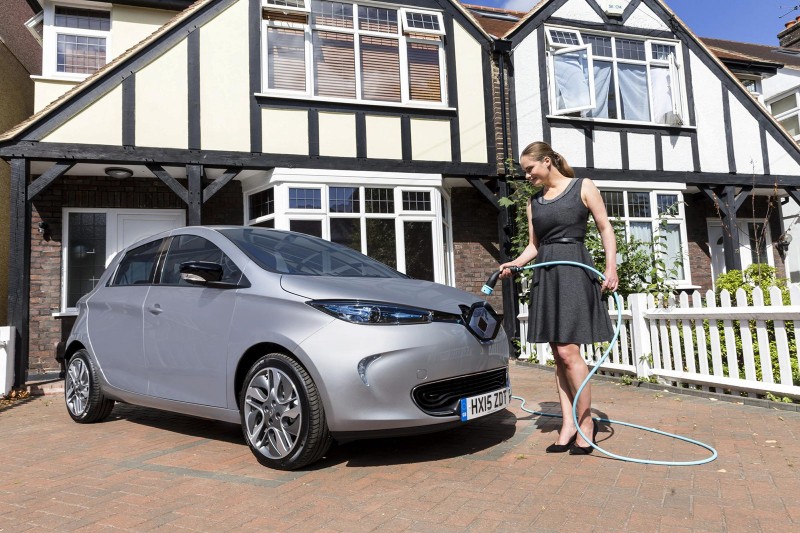A study of 800 14-17 year olds has found that the majority aspire to own and drive an electric car when they become able to drive.
The research was conducted by Censuswide on behalf of Go Ultra Low in September 2015. From the group, 200 14 year olds were included and 81% stated their plan was to purchase an electric car as their first vehicle purchase. The results of the survey found that the younger the audience, the more excited by the prospect of electric cars they were.
Capturing the imagination of the new generation of drivers, electric cars have enjoyed sales increases since Nissan first re-introduced the electric car to the mass market with the LEAF in 2010. As EVs filter into the used car market, more and more new drivers will be able to gain access to zero emissions motoring on a budget.
The young people polled also revealed that their generation associates electric cars with fewer CO2 emissions (56%), cleaner air (48%), and ‘the types of cars that everyone will be driving one day’ (34%) – proving the positive impact that electric motoring is having among these budding drivers.
But it’s not just motorists of the future who want to drive an electric car, 17 year olds who are learning right now, also specified that they want to get behind the wheel of an ultra low emission vehicle when they pass their test. Furthermore, 88% of the young people surveyed felt that more motorists, regardless of their age, should be driving a plug-in car in 2015.
There were even more factors about electric cars that young people felt would benefit current drivers – with them costing as little as 2p per mile to drive coming top (53%) in their list and contemporary technology (29%) plus the ability to travel distances of up to 700 miles (32%) ranking highly. More than a quarter of young people also felt that a car that ‘feels good to drive in’ was a key consideration – often considered a core strength of plug-in cars.
The research has led to predictions of a steep rise in electric car purchases over the next few years by world-renowned futurologist Dr Ian Pearson. Dr Pearson has been a full time futurologist since 1991, with a proven track record of more than 85% accuracy at the 10 year horizon. He commented:
“Young people are very aware of environmental issues and it is great that they also notice that electric cars will be cheaper to run, so it is a clear win-win. Battery technology continues to improve, and the amount of resources needed to make an electric car will continue to fall. These technology developments will all add up, greatly reducing the environmental impact of cars while making them safer and cheaper. If current trends towards electric cars continue this means that, by 2026, demand for electric cars will almost certainly outweigh demand for ‘traditionally fuelled’ cars.”
Poppy Welch, Head of Go Ultra Low, added:
“It’s really encouraging to see how popular electric cars have become among British teenagers – as the next generation of first-car buyers. Our research shows that younger consumers are more drawn towards environmentally-friendly purchases, including when planning which car they’ll drive when they get their licence. Plus, their rationale makes sense – electric cars can travel long distances and are consistently cheaper to run, so as a first car they are the logical choice. What’s more, there is an electric vehicle to suit every lifestyle – from city run-arounds and family hatchbacks to 4x4s and sports cars.”
Go Ultra Low exists to increase purchase consideration of ultra low emission vehicles by helping motorists understand the benefits, cost savings and capabilities of the wide range of ultra low emission vehicles on the market.
The collaborative campaign is the first of its kind, bringing together a consortium of leading car manufacturers: Audi, BMW, Mitsubishi, Nissan, Renault, Toyota, and Volkswagen, the Society of Motor Manufacturers and Traders and the government. Find out more at www.GoUltraLow.com
Source; Go Ultra Low

